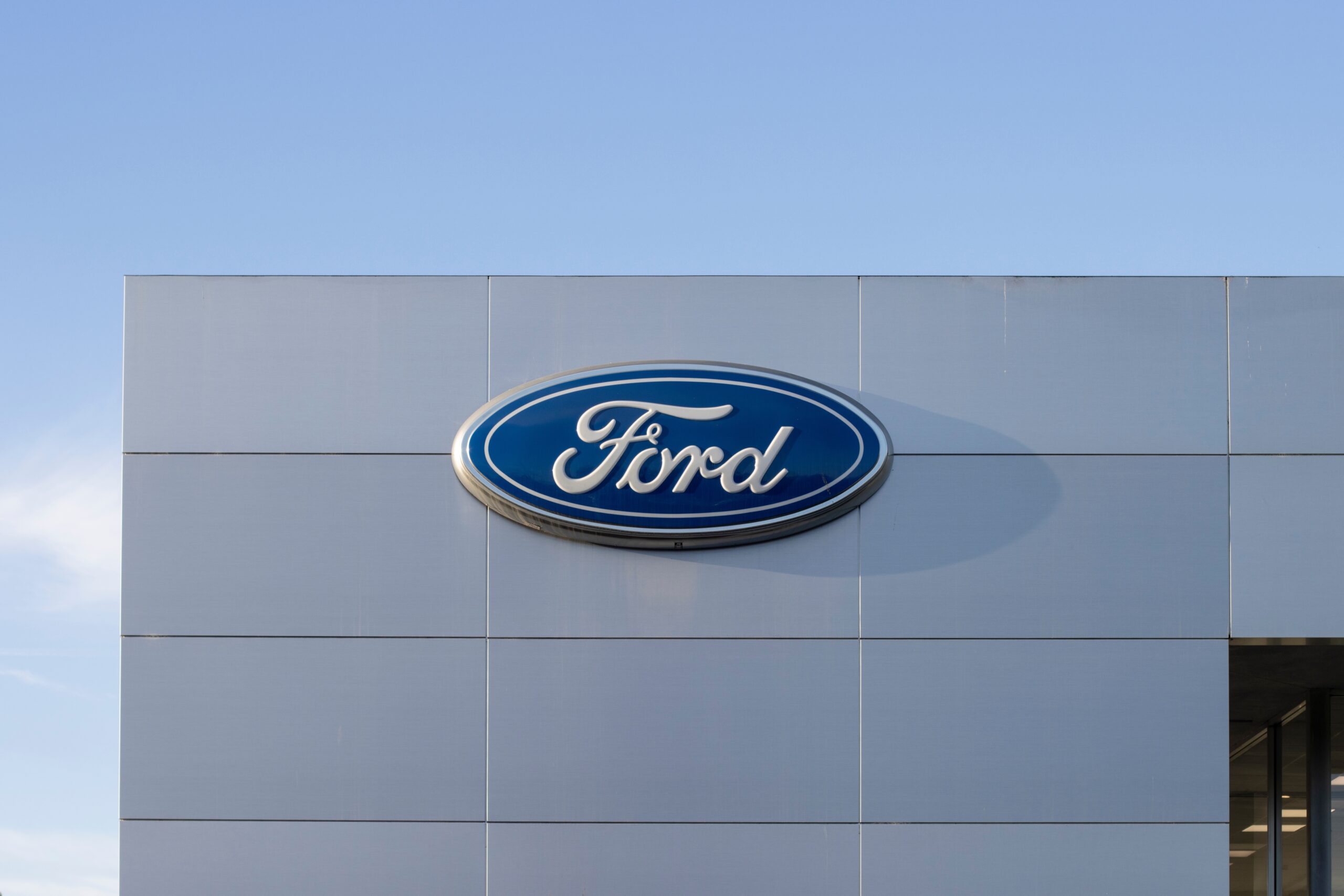Ford HALTS Shipments – 150% Tariff!

Ford Motor Company has suspended shipments of iconic American vehicles to China as retaliatory tariffs reaching 150% make exports financially unfeasible amid escalating trade tensions.
At a Glance
- Ford has halted exports of F-150 Raptors, Mustangs, Bronco SUVs, and Lincoln Navigators to the Chinese market
- Chinese tariffs on American vehicles have soared as high as 150% in response to Trump administration trade policies
- Ford will continue exporting US-built engines and transmissions to China despite the vehicle export suspension
- The Lincoln Nautilus, which is manufactured in China, will remain unaffected by the export halt
- Industry analysis suggests Trump’s 25% automotive import tariffs could cost automakers $108 billion by 2025
American Icons Hit by Tariff War
Ford Motor Company has been forced to halt shipments of several American-made vehicles to China as retaliatory tariffs have made exports financially untenable. The suspended models include the F-150 Raptor pickup trucks, Mustang sports cars, Michigan-built Bronco SUVs, and Kentucky-manufactured Lincoln Navigators. These quintessentially American vehicles now face prohibitive taxes in the Chinese market, with tariffs climbing as high as 150% due to the ongoing trade conflict between Washington and Beijing.
The export suspension represents a significant business adjustment for Ford, which has been caught in the crossfire of escalating trade tensions. Chinese authorities implemented these steep tariffs in direct response to the Trump administration’s aggressive trade policies targeting Chinese imports. While Ford’s export volume to China has never been substantial compared to its domestic sales, the company had been working to expand its presence in the world’s largest automotive market before this setback.
Partial Operations Continue Despite Tariffs
Despite the vehicle export suspension, Ford will maintain some business operations with China. The company confirmed it will continue exporting American-built engines and transmissions to the Chinese market, suggesting these components face less punitive tariff treatment than complete vehicles. Additionally, the Lincoln Nautilus, which is manufactured locally in China rather than imported from the United States, will continue to be distributed in the Chinese market unaffected by the current trade disputes.
Ford’s strategic positioning may allow it to weather the tariff storm better than some competitors. The company produces approximately 80% of its US-sold vehicles domestically, insulating a significant portion of its business from import-related tariffs. This manufacturing footprint represents an advantage in the current trade environment, particularly for sales within the American market where demand for Ford’s trucks and SUVs remains strong.
Economic Impact and Future Outlook
The automotive industry faces substantial economic consequences from the ongoing tariff conflict. Analysis from the Center for Automotive Research projects that Trump’s 25% tariffs on automotive imports could increase costs for automakers by a staggering $108 billion by 2025. Ford has already indicated in internal communications that if tariffs persist, the company may be forced to raise prices on new vehicles to offset increased manufacturing costs.
There may be room for negotiation in the trade standoff. Recent reports suggest President Trump is considering potential modifications to auto-related tariffs, possibly including exemptions for certain manufacturers or components. This potential flexibility could provide relief for companies like Ford that maintain significant manufacturing operations within the United States while still participating in global supply chains. American automakers now find themselves balancing nationalist manufacturing policies against the realities of international trade and global market access.
























